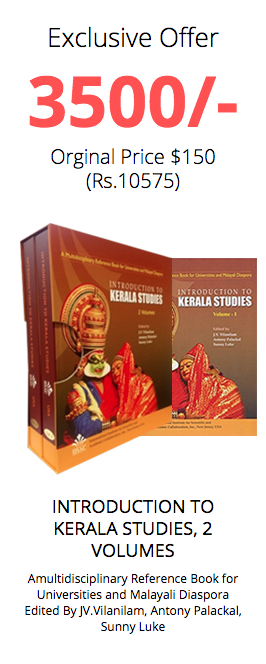
Academies and Educational Reform
2,395.00₹ 1,190.00₹
Behind the headlines and controversy surrounding new academy schools, many of their principals, teachers and pupils have been quietly changing the culture of learning and achievement in some of the most disadvantaged communities in England. While successful innovation and change is not unique to academies, this book illustrates how the academy policy represents a significant opportunity to improve the life chances of their pupils. Too much attention has focused on unanswerable questions about whether academies are better or worse than their predecessor or comparable schools in their neighbourhood. Too little focus has been on what policy makers and practitioners can learn from the different, and often conflicting, perspectives of the key players, notably sponsors, architects, principals, parents and pupils in order to create a school that can truly serve their community with distinction.
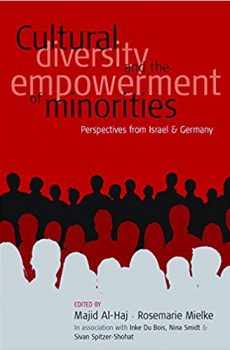
Cultural Diversity and the Empowerment of Minorities
8,400.00₹ 1,900.00₹
Conflicts between different racial, ethnic, national and other social groups are becoming more and more salient. One of the main sources of these internal conflicts is social and economic inequality, in particular the increasing disparities between majority and minority groups. Even societies that had been successful in dealing with external conflicts and making the transition from war to peace have realized that this does not automatically resolve internal conflicts. On the contrary, the resolution of external conflicts may even sharpen the internal ones. This volume, a joint publication of the University of Haifa and the International Center for Graduate Studies (ICGS) at the University of Hamburg, addresses questions of how to deal with internal issues of social inequality and cultural diversity and, at the same time, how to build a shared civility among their different national, ethnic, religious and social groups.
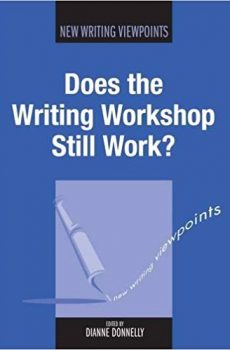
Does the Writing Workshop Still Work?
2,790.00₹ 1,390.00₹
This book explores the effectiveness of the workshop in the Creative Writing classroom, and looks beyond the question of whether or not the workshop works to address the issue of what an altered pedagogical model might look like. In visualising what else is possible in the workshop space, the sixteen chapters collected in ‘Does the Writing Workshop Still Work?’ cover a range of theoretical and pedagogical topics and explore the inner workings and conflicts of the workshop model. The needs of a growing and diverse student population are central to the chapter authors’ consideration of non-normative pedagogies. The book is a must-read for all teachers of Creative Writing, as well as for researchers in Creative Writing Studies.

Face2face
3,500.00₹ 2,995.00₹
face2face Second edition is the flexible, easy-to-teach, 6-level course (A1 to C1) for busy teachers who want to get their adult and young adult learners to communicate with confidence. The face2face Second edition Online Workbooks provide the course workbook content plus additional collaborative tools in a package that supports independent study and teacher-managed self-study. As part of a virtual learning world, the online workbooks allow students to collaborate and communicate, and enable teachers to track work and progress. They offer a classroom without walls for schools that wish to take their teaching into the digital age. This pack contains the Student’s Book with DVD-ROM and access to the Online Workbook.
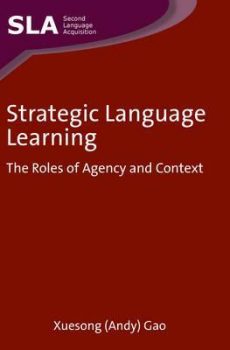
Strategic Language Learning
3,390.00₹ 1,995.00₹
This monograph reports on a longitudinal inquiry into mainland Chinese undergraduates’ language learning experiences in an English medium university in a multilingual setting with a focus on their strategic language learning efforts. This book examines the issue as to what extent language learners’ strategic learning efforts depend on their ‘choice’, if ‘the element of choice’ is the defining characteristic of language learners’ strategic learning behaviour. The inquiry, using a qualitative and ethnographic research approach, reveals dynamic interaction between learners’ agency and contextual conditions underlying the participants’ strategic learning process. Such understanding informs pedagogical efforts to foster individual learners’ capacity for strategic learning and their capacities in opening up and sustaining a social learning space for exercising their strategic learning capacity or utilizing their strategic learning knowledge.
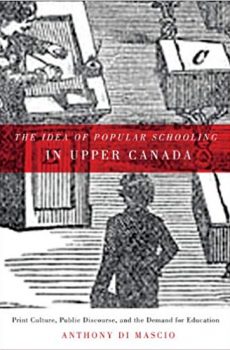
The Idea of Popular Schooling in Upper Canada
2,290.00₹ 1,690.00₹
In The Idea of Popular Schooling in Upper Canada, Anthony Di Mascio analyzes debates about education in the burgeoning print culture of the late eighteenth and early nineteenth centuries. In it, he finds that a widespread movement for popular schooling in Upper Canada began in earnest from the time of the colony’s first Loyalist settlers. Reviving the voices of Upper Canada’s earliest school advocates, Di Mascio reveals the lively public discussion about the need for a common system of schooling for all the colony’s children. Despite different and often contentious opinions on the means and ends of schooling, there was widespread agreement about its need by the 1830s, when the debate was no longer about whether a popular system of schooling was desirable, but about what kinds of schools would be established. The making of educational legislation in Upper Canada was a process in which many inhabitants, both inside and outside of government, participated. The Idea of Popular Schooling in Upper Canada is the first full survey of schooling in Canada to focus on the pre-1840 period and how it framed policy debates that continue to the present day.
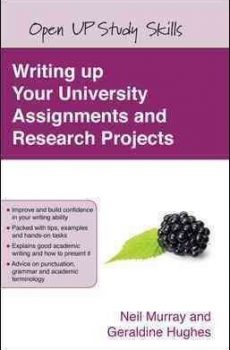
Writing up your university assignments and research projects
2,090.00₹ 1,290.00₹
Academic writing can be a daunting prospect for new undergraduates and postgraduates alike, regardless of whether they are home or overseas students. This accessible book provides them/students with all they need to know to produce excellent written work.
Based on their many years of experience, the authors have structured the book so as to build students’ confidence in their own writing ability whilst at the same time respecting conventional ideas of what is, and what is not, acceptable in the academic domain. To reinforce student learning, the material is presented using a wealth of clear examples, hands-on tasks with answers, and logical sequences that build on earlier chapters. The first two sections of the book address the preparation and writing of assignments and research projects, while the third provides a useful toolkit containing reference materials on areas including punctuation, grammar and academic terminology.
The book includes numerous tips and insights and comprehensively covers issues such as:
- Reading around a new topic
- The need for coherence and how to achieve it
- Structure and organisation
- Plagiarism, quoting and citing sources
- The main sections of a typical research project
- Writing style
- Finding your own voice
- Examiner expectations

